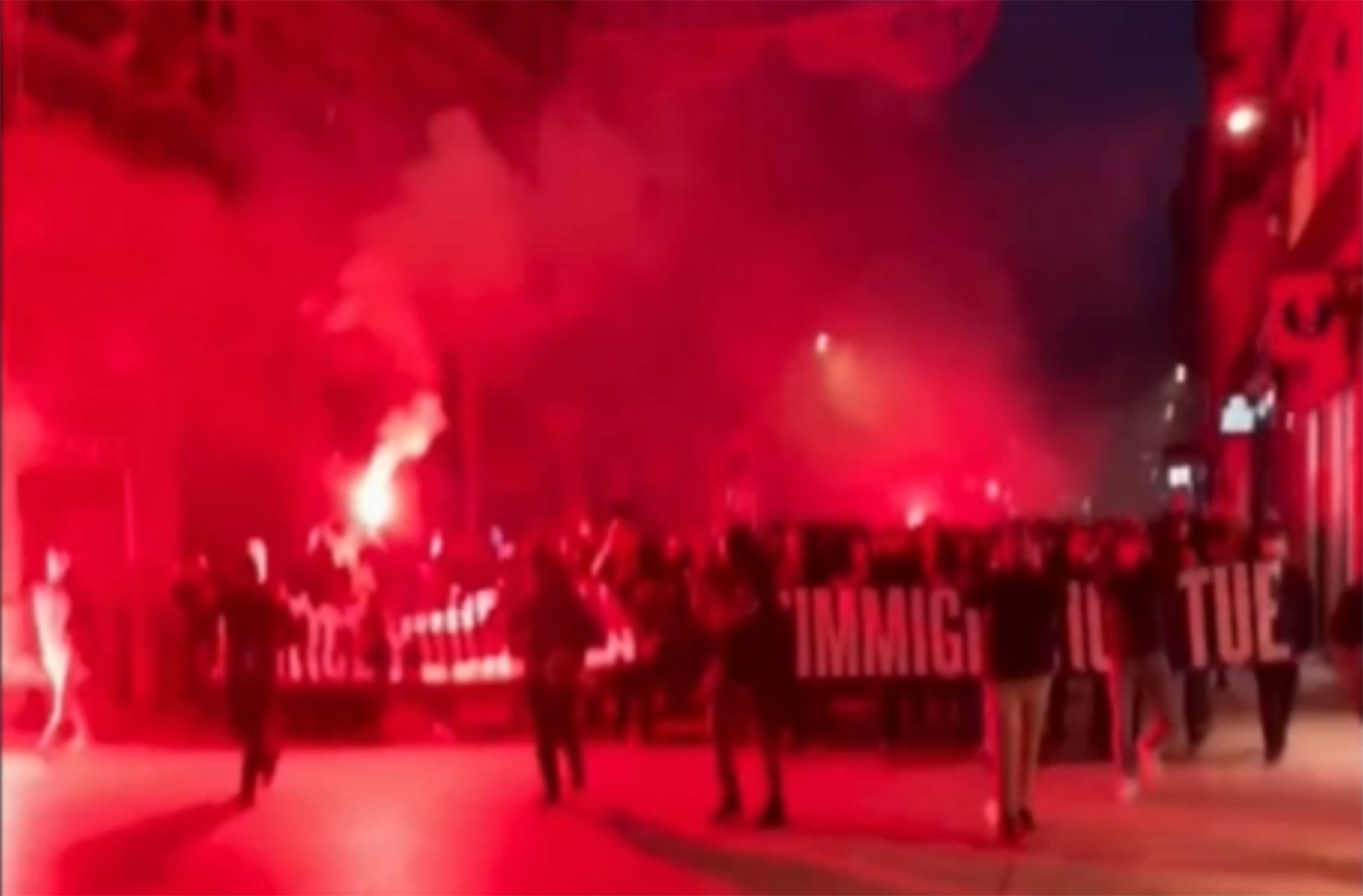The brutal rape and murder of the 12-year-old Parisian schoolgirl known only as Lola continues to spark heated social debates about French immigration policy. In the latest development, the prosecutors’ office of the French city of Lyon opened an inquiry into possible incitement to hatred by a right-wing group that protested the inaction of the authorities.
The investigation was opened after the prefect of the Rhône district referred the matter to the public prosecutor. In a statement sent to BFM Lyon, the prosecutor’s office said it had opened an investigation into the charge of “public incitement to hatred or violence against a person or group of people because of their origin or their membership of an ethnic group, nation, race or religion.”
The investigation has been entrusted to the Rhône departmental public security directorate.
In a letter addressed to French President Emmanuel Macron on Monday, Lyon mayor Gregory Doucet called on the head of state to act against “those who incite hatred and demonstrate violent and anti-republican behavior,” citing in particular the demonstration on Friday.
[pp id=52843]
Specifically, he called for the dissolution of the Remparts, a far-right group in Lyon, one of whose leaders claimed to have organized the rally on social networks.
Since Lola’s murder, conservative elected officials have insisted on carrying out the so-called obligations to leave French territory (OQTFs) to which the main suspect was subject. Several rallies have been organized by conservatives across France.
Official data from the French government shows that the Algerian murder suspect is one of many who have avoided deportation, with the case highlighting how, despite promises from the Macron government, French authorities have been unable or unwilling to enforce immigration law, only succeeding in enforcing 0.2 percent of the expulsion orders.





